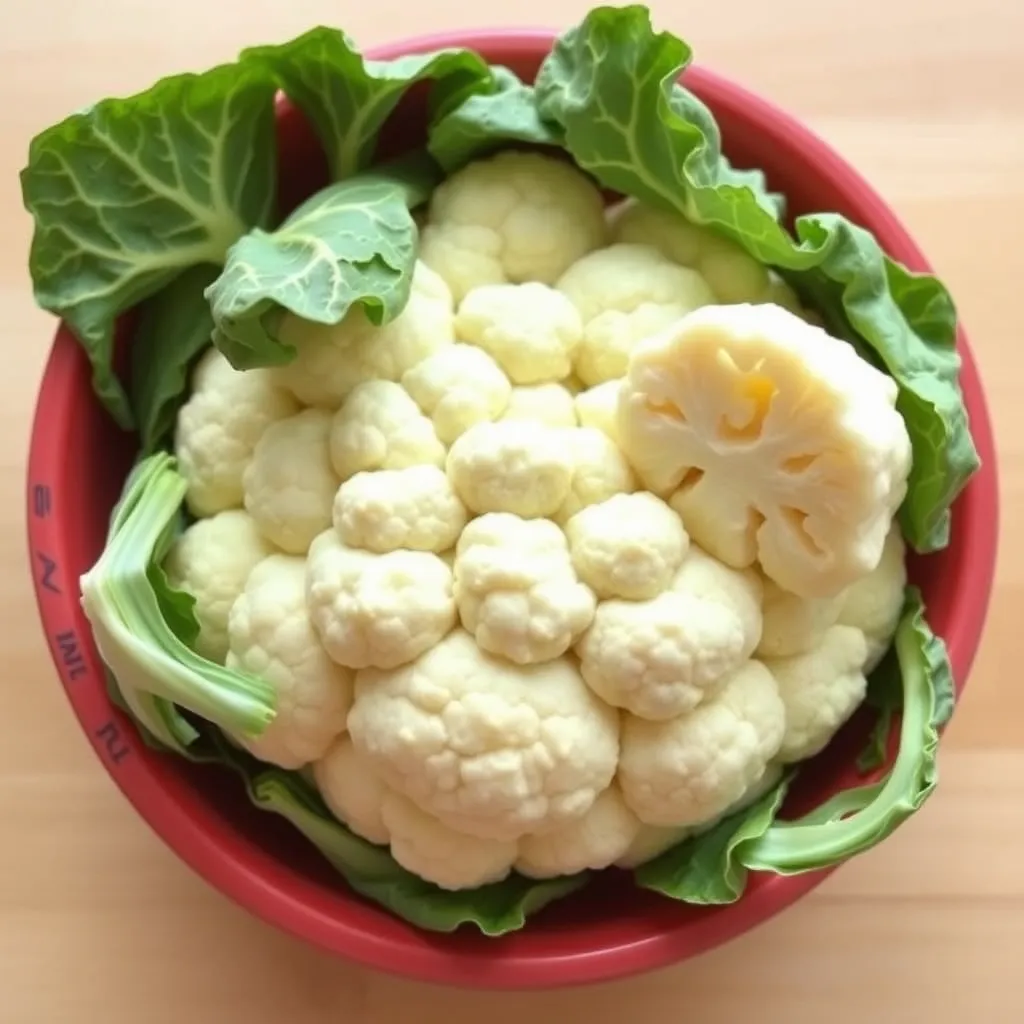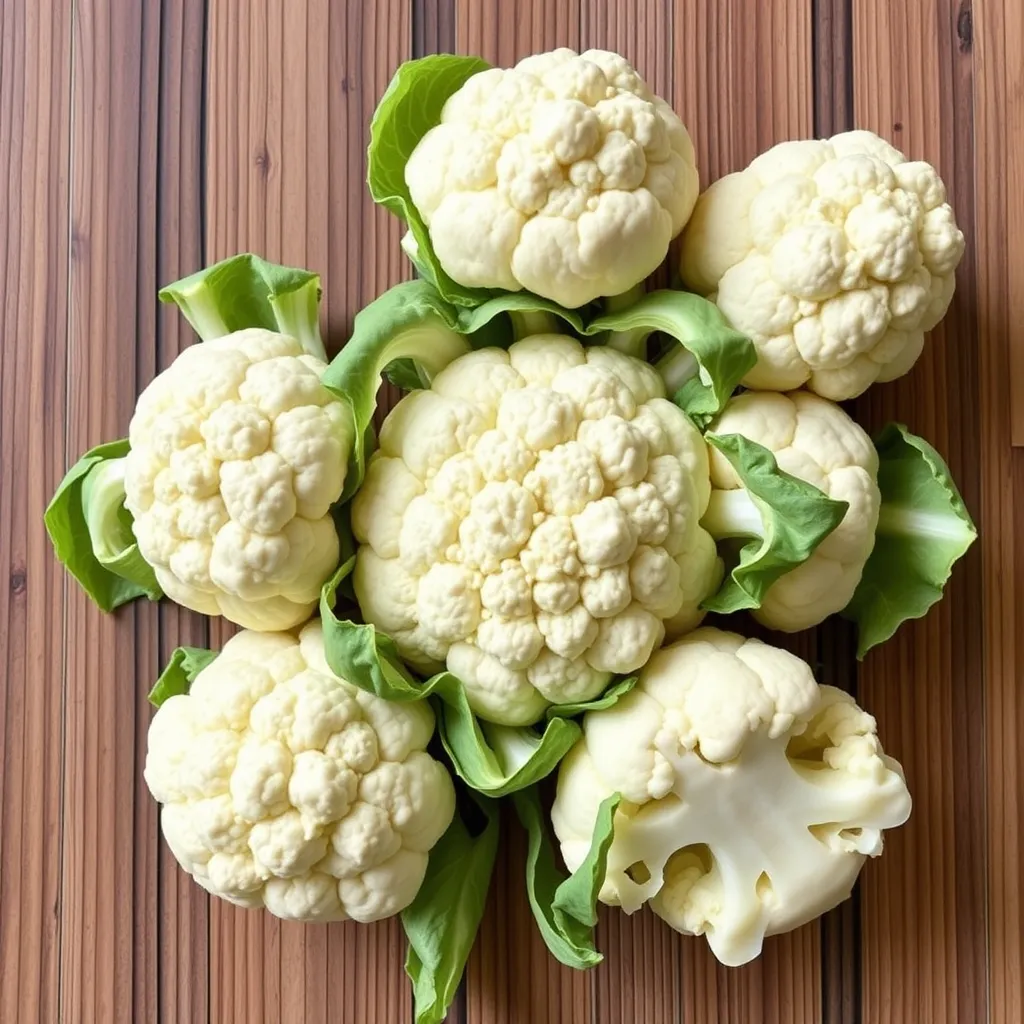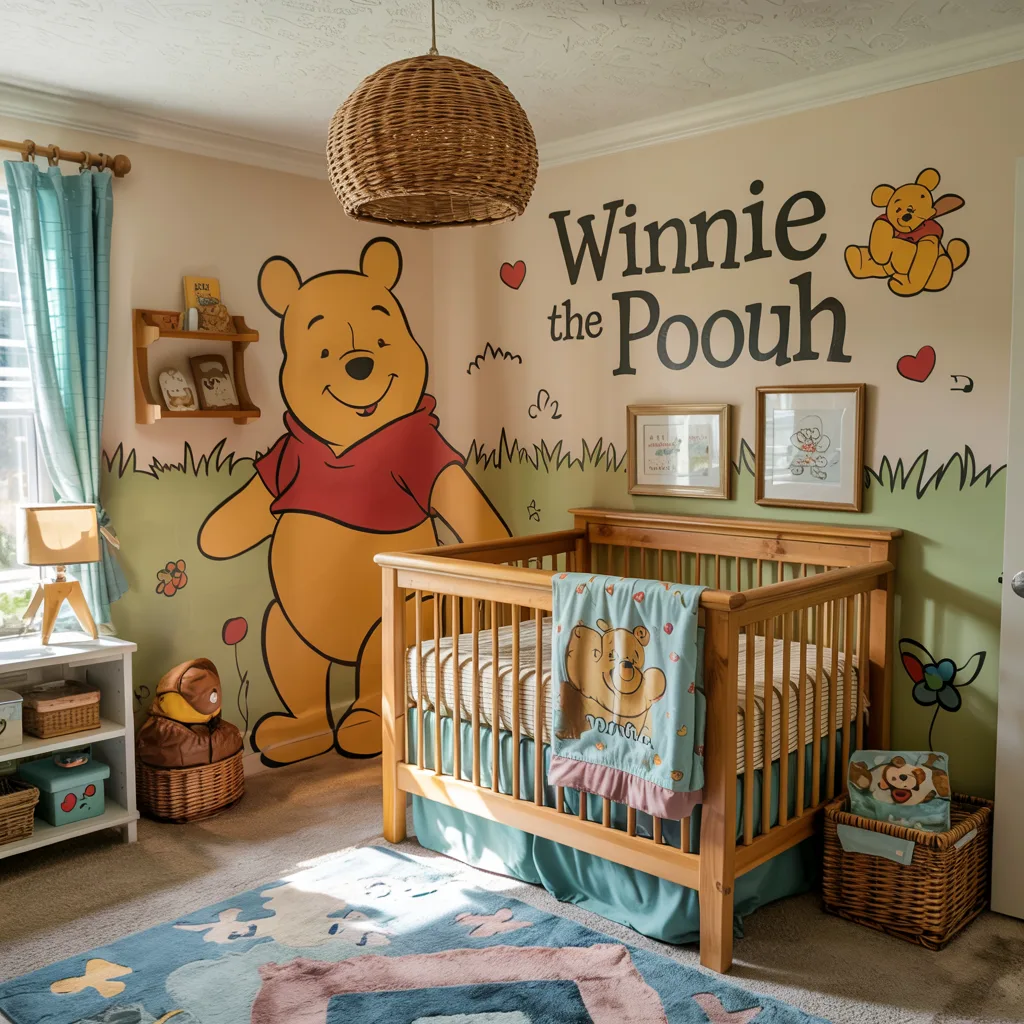Welcome to our guide on introducing cauliflower to your baby! If you’re wondering, “How old are babies when eating cauliflower?” you’re in the right place. We’ll cover everything you need to know, from the best age to start to the health benefits and potential risks. Let’s dive in!
Table of Contents
Key Takeaways:
- Babies can start eating cauliflower around 6 months of age.
- Cauliflower is rich in vitamins and minerals, making it a healthy choice for babies.
- Start with small, well-cooked pieces to avoid choking hazards.
- Introduce cauliflower gradually and watch for any allergic reactions.
How Old Are Babies When Eating Cauliflower?

Babies can typically start eating cauliflower around 6 months of age. This is when most infants are ready to begin solid foods. However, every baby is different, so it’s important to consult with your pediatrician before introducing new foods.
Why 6 Months?
At 6 months, your baby’s digestive system is more developed, and they have better control over their mouth and tongue movements. This makes it easier for them to handle and swallow solid foods like cauliflower.
Health Benefits of Cauliflower for Babies
Cauliflower is a fantastic addition to your baby’s diet because it’s packed with essential nutrients. Here are some of the key benefits:
- Vitamin C: Boosts the immune system and helps with iron absorption.
- Fiber: Aids digestion and prevents constipation.
- Potassium: Regulates blood pressure and supports heart health.
- Folate: Essential for brain development and cell growth.
Preparing Cauliflower for Your Baby
When introducing cauliflower to your baby, it’s crucial to prepare it properly to ensure it’s safe and easy to eat. Here’s a step-by-step guide:
- Choose Fresh Cauliflower: Look for firm, white heads with no brown spots.
- Wash Thoroughly: Rinse the cauliflower under running water to remove any dirt or pesticides.
- Cook Until Soft: Boil, steam, or microwave the cauliflower until it’s very soft. You can also puree it for younger babies.
- Cool Down: Allow the cooked cauliflower to cool to a safe temperature before serving.
- Serve in Small Pieces: Cut the cauliflower into small, manageable pieces to prevent choking.
Snacks to Pack 3 Year Old for Montessori School
Introducing Cauliflower Gradually
When you first introduce cauliflower to your baby, start with a small amount and gradually increase the quantity over time. This allows your baby’s digestive system to adjust and helps you monitor for any adverse reactions.

Signs of Allergic Reactions
While rare, some babies may be allergic to cauliflower. Watch for the following signs:
- Rash or hives
- Swelling of the lips, tongue, or face
- Vomiting or diarrhea
- Difficulty breathing
If you notice any of these symptoms, stop feeding cauliflower immediately and contact your pediatrician.
Creative Ways to Serve Cauliflower to Your Baby
Once your baby is comfortable with cauliflower, you can get creative with how you serve it. Here are some ideas:
- Cauliflower Puree: Blend cooked cauliflower with a little breast milk or formula for a smooth, creamy texture.
- Cauliflower Rice: Pulse raw cauliflower in a food processor to create “rice,” then cook it until tender.
- Cauliflower Mashed Potatoes: Mix mashed cauliflower with mashed potatoes for a nutritious twist on a classic dish.
- Cauliflower Soup: Blend cooked cauliflower with broth and a bit of cream for a comforting, warm meal.
Why Cherry for babies Are the Perfect Snack
Frequently Asked Questions (FAQ)
Can I give my 4-month-old baby cauliflower?
It’s generally recommended to wait until your baby is at least 6 months old before introducing solid foods, including cauliflower. At 4 months, your baby’s digestive system may not be ready, and there’s a higher risk of choking.
Is cauliflower a common allergen for babies?
No, cauliflower is not a common allergen. However, it’s always a good idea to introduce new foods one at a time and watch for any signs of an allergic reaction.
Can I mix cauliflower with other vegetables for my baby?
Absolutely! Mixing cauliflower with other vegetables can enhance the nutritional value and flavor of your baby’s meals. Try combining it with carrots, peas, or sweet potatoes.
How often should I feed my baby cauliflower?
You can include cauliflower in your baby’s diet a few times a week. Just make sure to offer a variety of foods to ensure a balanced diet.
Can I freeze cauliflower puree for later use?
Yes, you can freeze cauliflower puree in ice cube trays or small containers for up to 3 months. This is a great way to save time and ensure you always have a healthy meal option on hand.
Conclusion
Introducing cauliflower to your baby can be a rewarding experience. Starting around 6 months of age, cauliflower can provide numerous health benefits while being a tasty and versatile addition to your baby’s diet. Remember to prepare it safely, introduce it gradually, and watch for any signs of allergic reactions. Happy feeding!
For more tips on introducing solid foods to your baby, check out our articles on best first solid foods for babies and safe foods for babies.
References:











